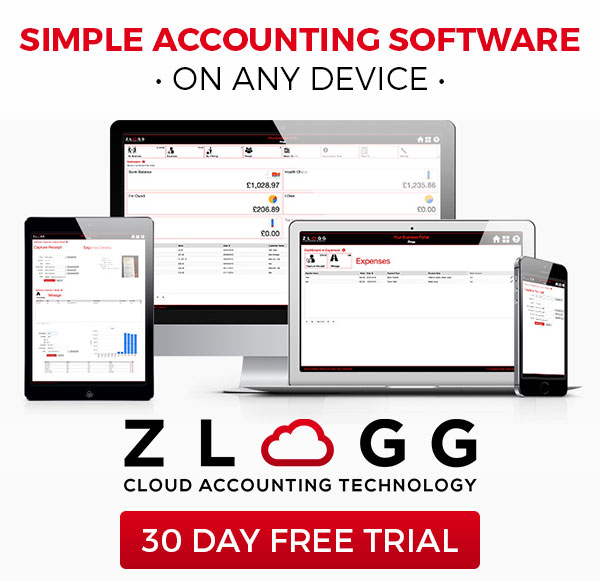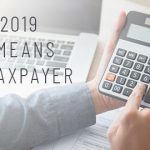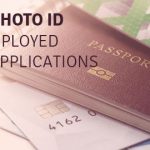Claim Expenses from Personal and Business Bank Accounts
One common mistake new self-employed sole-trader (or partnership) business owners make when running their own accounts is that they forget to claim expenses from both their business AND personal bank accounts within their self-assessment tax return at the end of each year. The issue is that most sole-trader business owners will have a business bank account and assume that they can only claim taxable expenses that are made within their business bank account. This is entirely incorrect.
So I thought I’d write a quick blog article just explaining the concept behind claiming your taxable expenses and ensuring to pass on the knowledge that you can safely claim business expenses made via your personal and business bank accounts.
How to Claim for Expenses from Personal and Business Bank Accounts
So the key concept is this, when it comes time to complete your end of year self-assessment tax return, you’re going to want to clam as many allowable expenses as possible to reduce your overall tax bill. It’s completely legal and something HMRC put in place to help self-employed businesses run…we are the ‘backbone of the economy’ after all! For more information on what claimable expenses are and how they work please be sure to check out my other article here – https://zlogg.co.uk/allowable-expenses-explained/ .
However when it comes time to actually list all the expenses you want to claim within your end of year self-assessment form, I know many people who only use their business bank transactions as the definitive method of locating their income/expenditure. Please don’t forget that if you’re self-employed and have ever used your own personal bank account to make purchases for your business – they are also allowable and you need to list them as expenses within your self-assessment tax return! This is because YOU are the business, so as long as it’s your personal account that’s made the purchase and what you’re looking to claim is allowable and ‘wholly and exclusively’ for the purpose of your business then be sure to list it as a business expense.
The Wholly and Exclusively Rule
The one thing to always bear in mind whenever looking to claim any expense (slight disclaimer here!) is to ensure the purchase was ‘wholly and exclusively’ for the purpose of your business, or that the proportion you are claiming of the purchase is ‘wholly and exclusively’ for your business.
By the latter point I mean that if you were looking to claim a utility bill that you pay for out of your personal bank account, be sure that only claim the business use proportion of that bill. For more information about this be sure to check out my other blog article here – https://zlogg.co.uk/how-to-calculate-percentage-of-business-use/
So that’s everything but the key information to remember is this, always be sure to claim allowable expenses made from your personal bank account as well as your business bank account, then be sure those expenses are ‘wholly and exclusively’ for the purpose of your business.














Share On